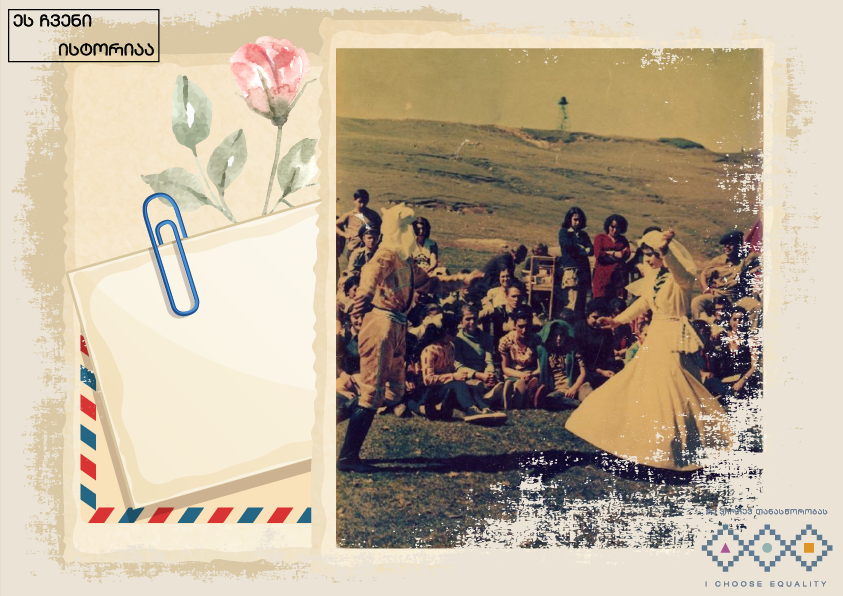Society is not very familiar with Georgian Muslims, some of whom live in Ajara. Islam has the largest number of followers after Christianity in Georgia. Islamization of Ajara Region is related to occupation of Georgian provinces by the Ottoman Empire. Centuries later, local population maintained Georgian language, customs, traditions but the religious picture was changed – majority of population converted to Islam and remained faithful to this religion.
During Soviet times Muslims were prohibited from performing religious rituals. Religious knowledge was orally transferred from one generation to another. During Soviet times, they usually prayed and performed rituals in secret.
The Constitution of independent Georgia guarantees freedom of religion and belief for everyone. Let me tell you about some of the interesting religious/cultural practices.
Islamic traditions are most of all followed by the population of Ajarian highlands. Some traditions are followed even after they are baptized as Christians because it is part of their culture. Muslims that convert to Christianity maintain their previous religious and cultural customs and traditions. By performing some rituals, they respect Muslim members of their family.
Pastoralism is widespread among Muslims that live in Ajara. Each village has a summer house and grasslands in the mountains called Ialaghi, Iela or Iaila. During summer, Ajarians go take their cattle to the mountains and spend the entire season there. Mostly elderly people and children go to the mountains. A public festival of Shuamtoba (held in the middle of the period spent in the mountains) is associated with being in the mountains. On that day, relatives, fellow-villagers, guests come from the village to celebrate and spend the night. This festival, games, music and guests bring fun into the everyday routine of the mountains. Shuamtoba used to be celebrated on every mountain. Now this tradition is gradually weakening because young people no longer spend a lot of time in the mountains. However, pastoralism as a tradition of taking livestock to pastures during summer remains an integral part of the rural life in Ajara.





